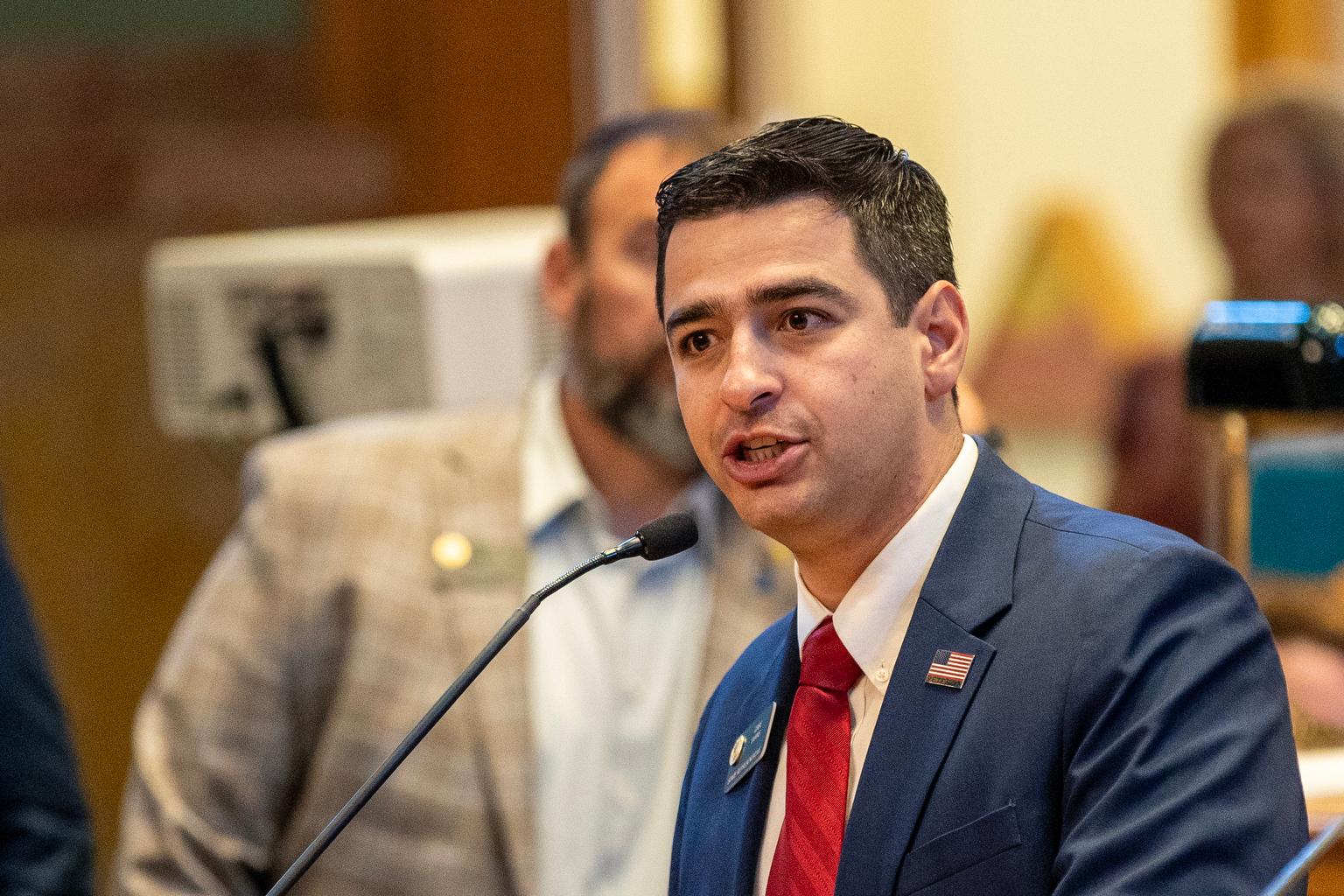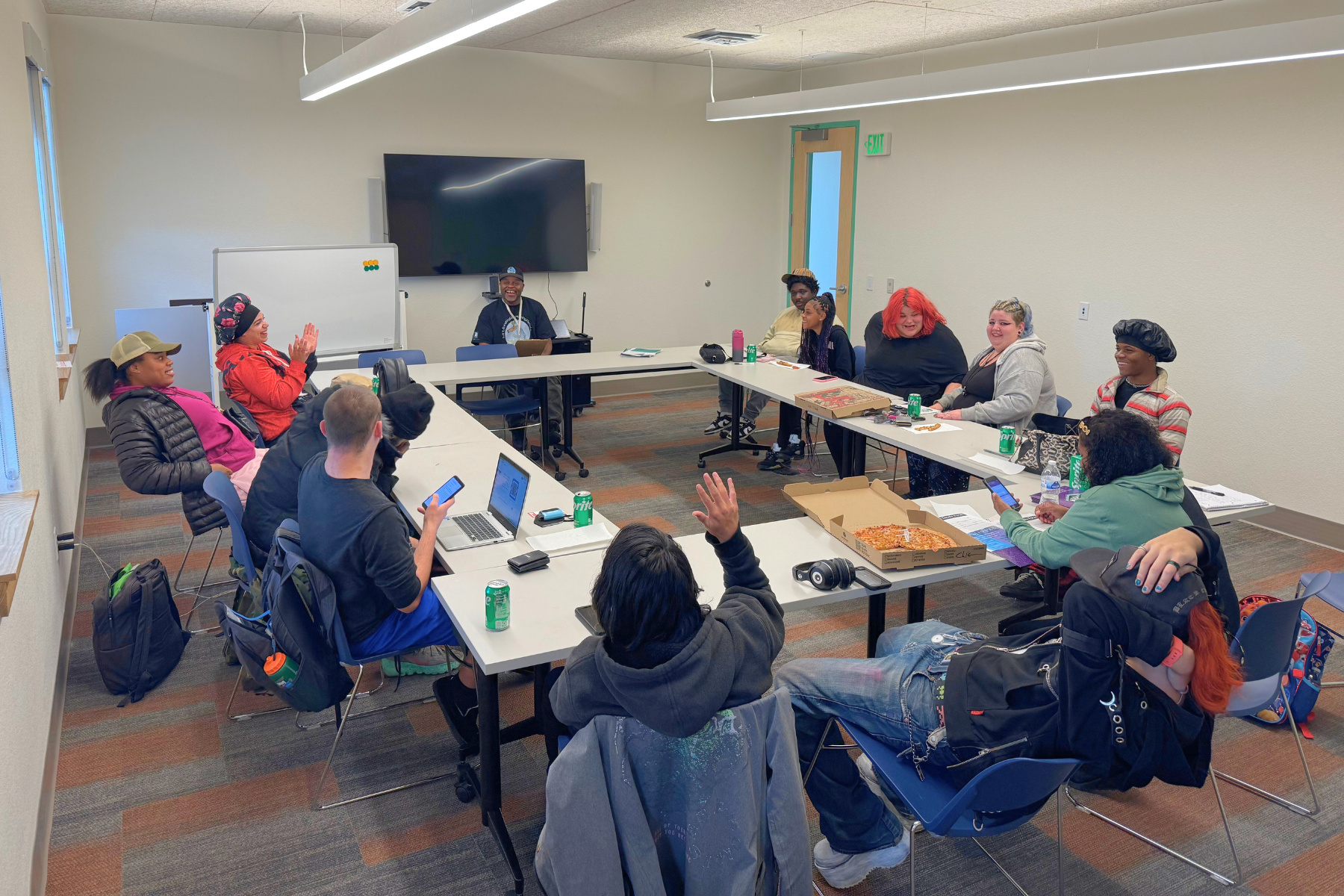
Colorado's revered national parks and iconic 14ers are big draws for visitors looking to get outside. But as the number of tourists grows, so does the strain on these beloved natural areas.
- Conundrum Hot Springs Has A Poop Problem, So You May Have To Bag Your Business
- Another Traffic Jam In The Great Outdoors: Garden Of The Gods To Study Overcrowding
To try to reduce the impact, the state has partnered with Leave No Trace. The Boulder nonprofit's mission is to lessen peoples' effect on wild areas, and the group sees the need to spread its message to tourists.
Dana Watts, executive director of Leave No Trace, spoke with Colorado Matters host Andrea Dukakis and suggested five things people need to know before adventuring in Colorado.
- Disrespecting wildlife: "You've probably seen some of the issues we've had in our state and particularly in some of these big national parks. Where people are approaching wildlife, feeding wildlife. Getting way too close to wildlife, leaving food around that wildlife can be habituated and trained to look for human food. A wild bear can go from wild to habituated in three weeks. And some people are all about social media these days. So trying to take selfies with wildlife, again just not being safe for themselves or to the animal. And at the end of the day, it's important for people to know, the animal pays the price. If it becomes comfortable around people, it's likely to be euthanized."
- Taking what you find: "A lot of places have really interesting and beautiful wildflowers. Take Crested Butte, they're known for their wildflowers. People go to that area just to see wildflowers, but a lot of times the urge is to pick those flowers and take them home or hold onto them while hiking and then leave them. And that really does impact the natural world. And if you take one person doing that, then multiply it by the hundreds or thousands that are going to that place now, it can really have a devastating impact. And it may be the trickiest principle. We say 'stop and think before you take something.' And it's really more about awareness, so we're certainly not here to police behavior, we're just saying, stop and think before you do it. And if everybody did it, consider how the landscape might be changed."
- Showing up unprepared: "Know before you go is critical. Anyone can practice it. It's easy and it's just a reminder to take that first step in planning. What do I need? What should I know? So they are prepared and educated on how not to leave an impact in that area."
- Being inconsiderate of other visitors: "There's a lot of people getting out there. And when there are a lot of people, it's really important to be kind and considerate of others. And that can mean a lot of things to different people, and it really depends on where you are. If you have a dog, and there's dog considerations. Or if you have loud music."
- Not disposing of waste properly: "For certain places, more of a front-country environment like Boulder, there is a dog poop problem. And it's pretty widespread and it's pretty well documented that there are a lot of people who do pick up after their pet, but there's a lot that don't. And it's still amazing to me that that actually happens. But it does ... And when people start to see others pile their trash in places they're not supposed to, they might copy them. Thinking 'oh if they're doing it I can too.' And it's an interesting commentary on why people do the things that they do, and how we can turn that around. So if everybody did something different, and had all their trash going to the right place, would everybody do that instead?"









